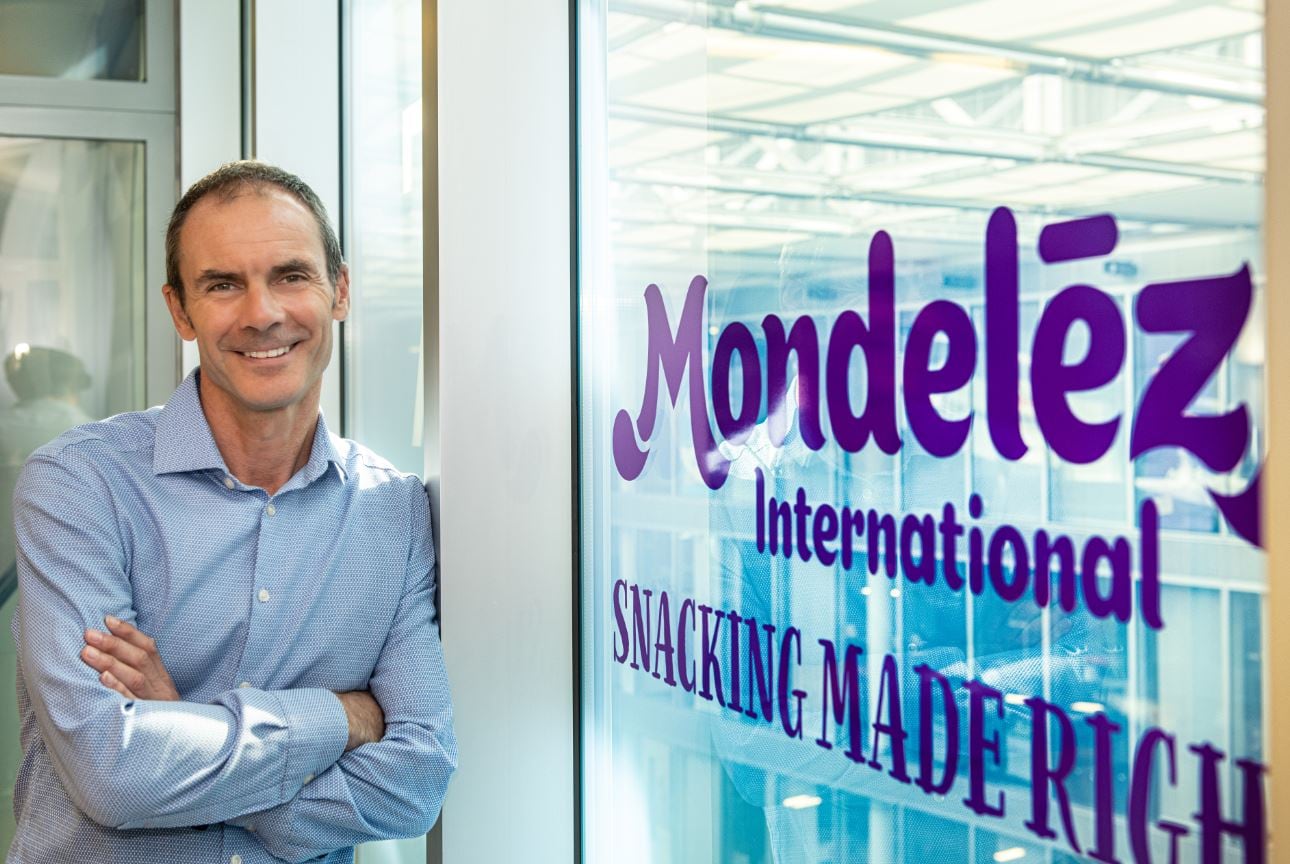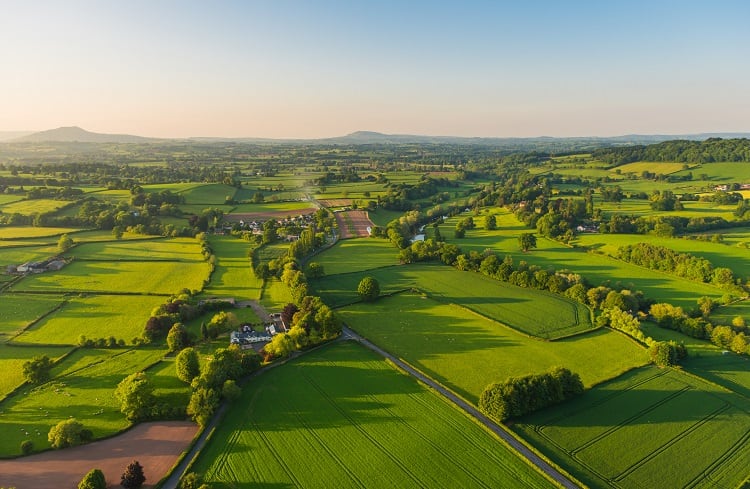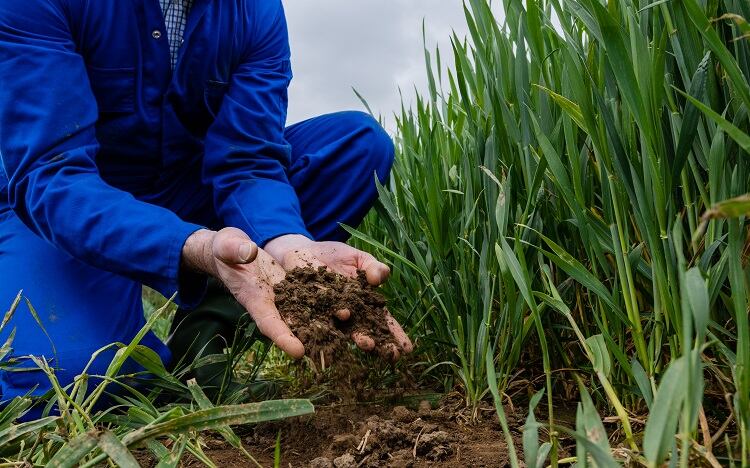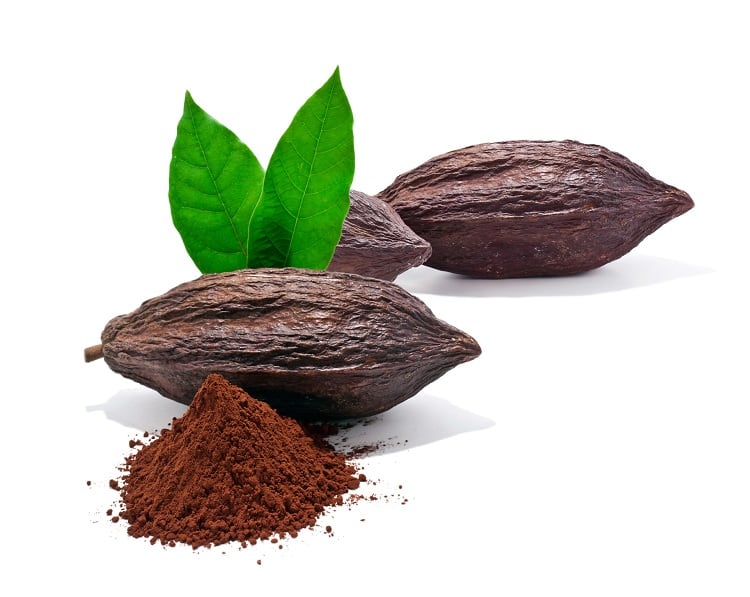But if that’s the case, it doesn’t appear Gray has received the memo.
Despite his power and ability to wield large sums that could send any unassuming snack brand to the global stage and on to generate millions in turnover, Gray is humble and personable.
He laughs at the suggestion his softened Scottish accent could be Glaswegian, when in fact it’s from St Andrews on the east coast. “I’ve lived away from Scotland for a long time, and I’ve been based in our Zurich HQ for eight years,” he forgivingly chimes to quell his abashed interviewer.
Though it’s little wonder he’s gained a reputation for being a powerhouse in snacks. After graduating from a degree in business studies and accounting in 1991 (from The University of Edinburgh), and bar a five-year stint in whisky at United Distillers (now Diageo), Gray’s career has been all about snacking – 25-plus years of it.
He held various roles at Kraft Foods Group including director of sales and category planning controller, before taking the reigns as sales integration lead when Mondelēz International bought the division in 2012. From then, his roles within Mondelēz have mostly focused on M&A and growth.
“In my role now, the investment world and raising money is not the easiest. We see that challenge with our DC partners and portfolio companies, but it’s less of a challenge for us because we don’t operate as a fund and invest from our company balance sheet.”
While investing from the bank of an international business may sound easy, it’s not a case of handing out rolls of cash to a business that looks interesting. “We have to evaluate every investment closely, to really make sure it’s going to work,” he says.
Better partnerships:
Richie Gray, VP and global head of Snackfutures Ventures, Mondelēz International, will be speaking at the upcoming Future Food Tech event in London, where a full agenda and tickets are available.
Gray will be one guest on an expert panel focusing on building and strengthening partnerships within the food industry. On the topic, he says:
“The power of collaboration has always been a passion of mine, even in my early days in sales. Partnering with customers and distributors seeking a win-win situation was always close to my heart and it’s more important than ever. You’re stronger together than apart. Collaboration is vitally important. In this sector, there’s always a win-win to be had and if you seek it and look for something that’s meeting the needs of your investment partners and people and customers in the market, that’s where success lies. Sometimes it’s difficult to see but you have to work hard to find the one and if you look hard enough and willing to explore opportunities and stay patient and persistent.”
What acquisitions will Mondelēz make next?
But more on what snack businesses Mondelēz International is looking to invest in later. Right now, Gray is working in a market dominated by two years of enormous inflation, disrupted supply chains and swiftly changing consumer demands.
Much of the sector's stress is down to commodity price fluctuations – mostly upwards – which Mondelēz bosses believe will stabilise, specifically for cocoa. “The inflation challenge we’ve continued to see in our business remains high and we closely look at what affect that’s having on consumption. The snacks world is reasonably elastic and inflation robust, but consumers have their limit.”
A way to kickstart sales or at least stimulate a category is through innovation, for which Mondelēz approaches in two ways: category innovation and core brand innovation, with both “being the reason SnackFutures Ventures exists, to accelerate that [innovation] and future-proof businesses”.
The company couldn’t carry out the R&D on all the innovations it needs in house, nor could it generate the multitude of concepts start-ups across the globe develop, which is one of the most exciting things about his role: “We see businesses, concepts and different entrepreneurs that excite us,” adds Gray.
Snackfutures has invested considerably in a huge array of ventures, such as €1.87bn for croissant and baked snacks maker Chipita, as well as €2.6bn for Clif Bar & Company and €1.1bn for confectioner Ricolino.
"It's the nature of this game and it’s called venturing for a reason. We look at a number of things and say it looks interesting and maybe it’s not. Sometimes, for a relatively small investment, we can scale and see where it takes us."
But it’s not any old start-up with a fresh idea Gray and his team are looking for, unless they are viewed as “the right emerging business that we see early on as a gamechanger, then we might take a stake”.
No, the sorts of food tech and start-up businesses Mondelēz Internationals’ Snackfutures is looking for are often “more established, profitable, cash positive and on their way to being more successful”.
Often it’s Mondelēz that helps the F&B minors become majors, by giving them the assets and also knowledge, through its own team, to make the final leap up to significant scale. “It’s a broad range. In some cases we might be incubating, but we always partner very closely and decide [on next steps] with the founder and management team to understand their needs. We might even send a squad of supply chain experts down to help with logistics,” he adds.
When it comes to acquisitions and investments he’s proud of, it’s early days in the role for Gray. But the team is building up and he’s partnering with more departments across the wider business to better understand new or emerging opportunities. Follow-on investments have also been made in previously-backed ventures, “which sends a good message that, if we invest in you, that’s not it. We’ll double down so long as things are moving in the right direction”, he says.
Emerging businesses receiving attention from Gray and the team include a cell-based cocoa company, “we won’t highlight them by name and it’s a long way off being commercialised, but it’s interested”, he says.
How can businesses attract Snackfutures backing?
The gaps in the market Snackfutures seeks to fill are a closely guarded secret, but he does say: “Better for you has been a trend for a long time, but it’s still big and important. Consumers still want to indulge, but they want to do it in a better way. Se we’re seeing protein rising [as a trend] and other ways to deliver healthier [or functional] snacking.”
Merging trends also piques his interest, such as wellbeing and personalisation mixing, as well as gifting and premiumisation. But it becomes all the more interesting or Gray when tech joins that convergence, allowing consumer data to be used to deliver a better snacking option.
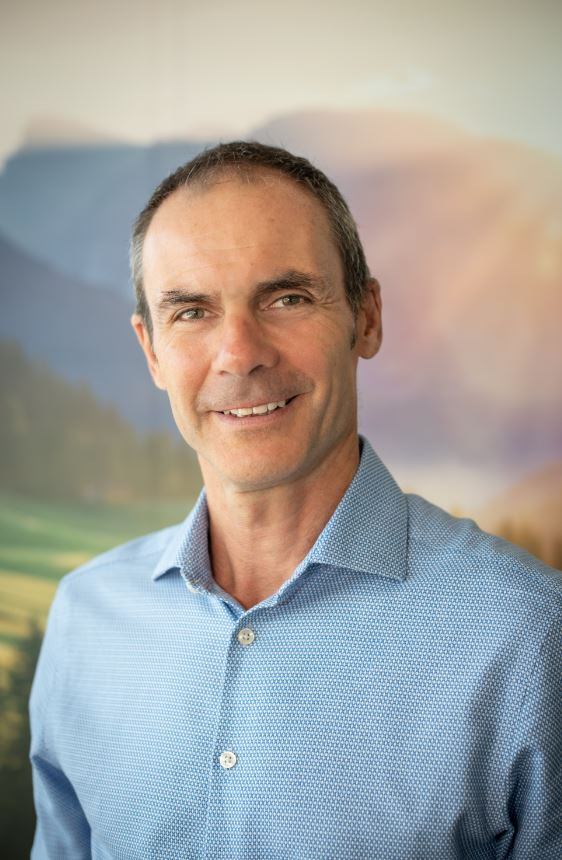
“But of course, the other really big trend is sustainability,” he says. “So brands, products and technology that can enable carbon neutrality, regenerative agriculture or protect the long-term supply of our ingredients like cocoa, wheat, etc… companies enabling things to happen like that have a strong play. But sustainability and wellbeing can’t come as a compromise to taste in snacking, you can’t play sustainability off that.”
So what do businesses need to have in place to be Snackfutures’ and Gray’s next big bet? The most important thing, he says, is for a business to prove it can be successful and profitable. “They have to have strong management teams, we’re taking them an extra couple of miles and they need strong people.
“Also, does a business have the potential to disrupt snacking? Is it playing into one of the big trends, like better for you or sustainability and does it have a different business model or route to market that would allow consumers to buy it?” he says.
Also, Gray and other business bosses have recently discussed Mondelēz International’s growing appetite for brands within the cakes and pastries market, a massive category the business believes it has a right to play in.
“It’s adjacent to biscuits and chocolate. When we reframed biscuits as bakery, one of the big acquisitions we made was the Chipita business. That was our first big step into Europe's pastries market. There’s so much untapped potential [in this category for Mondelēz International].”
Perhaps, right now, there’s a fledgling business that has the capability to shake the market up with a never-before-seen product, and soon the founder’s world will be rocked by the most influential man in snacking.
Richie Gray, VP and global head of Snackfutures Mondelēz International, will be speaking on the Industry Collaboration: Strengthening Partnerships with Foodservice, Retailers & Corporates panel at the upcoming Future Food Tech event in London, 2-3 October.
Quick fire questions:
What’s the biggest challenge facing Europe’s F&B manufacturers?
It’s still inflation. It’s easing in certain areas and getting worse in others. Maybe inflation is too specific, it’s volatility – the external market is a volatile one.
What tech are you harnessing tech to shape your business’s success?
It’s so extensive. We’re applying technologies in so many areas. I’ve connected with our IT leaders to look at where we can collaborate. If you start at the beginning of the supply chain, we’re looking at tech that enables better crop yields, enables better traceability of ingredients, better detection of allergens and helping with food safety. Also technology that can drive more efficient and lower carbon usage and more efficient manufacturing, through to tech that enables better experiences and more efficient routes to market and makes it easier for consumers to buy what they want and when they want.
Then also AI. We’re all learning how to apply it and we’re seeing a number of different opportunities in how the consumer data can be harnessed and how it can be applied. It’s going to be huge in opportunities and risks too. There’s not one single part of the business that’s not being touched by technological advancements and there’s nothing we ignore
What do you think F&B start-ups get wrong?
I’m generalising, because this is not the case of everyone. The main things are the expectation of valuation is still far too high in the fundraising environment. Food businesses, these start-ups are not tech businesses and there are some that want to be evaluated like tech businesses.
Too many businesses ignore the fact that you need to get profitable quickly, so their cash burn is high and as an investor you see the cash being burned rather than founders being obsessed with cost and cost control. So, getting that right will make it easier to grow and attract investment
Also, a good business is often based on a great idea and the founders’ ability to produce that. They sort of ignore the brand they create and think it can be fixed later if there’s an issue. I would ask founders to look at what their brand stands for at the start. You have an opportunity from brand launch to building the assets – whether that’s logo, pack design and/or product presentation. Look at the asset and make them consistent from the outset.


